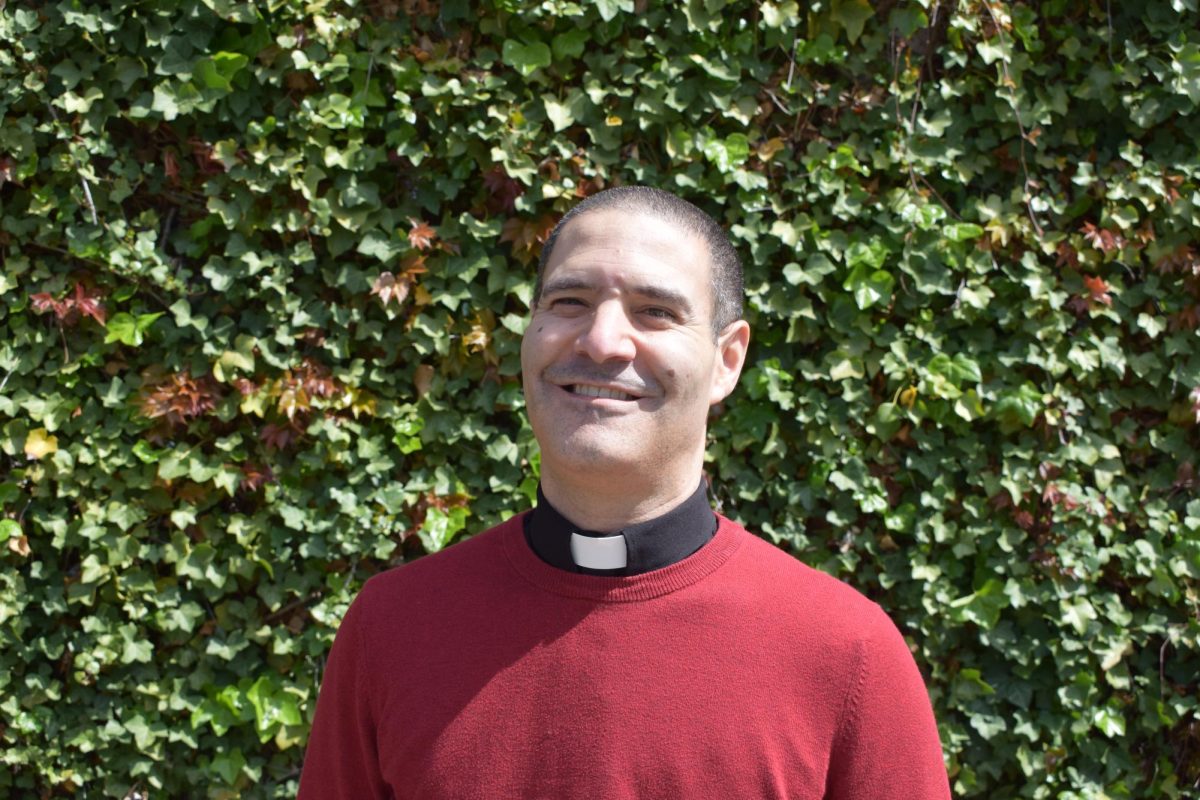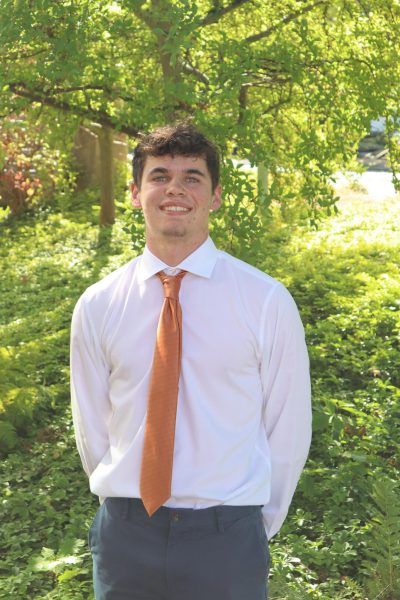Unexpected heart problems can happen to almost anyone. And while many screenings are too expensive or difficult, there are also numerous ways to get it done fast and for free. For the second time in Prep’s history, the Nick of Time Foundation hosted a free EKG Screening on-campus in Early December. Mr. Reed, Seattle Prep’s Athletic Director, knows how important this truly is. He said that because “the first one was in 2019 and was right before COVID, so no current students have been around since it’s been happening. Nick of Time is probably between 15 and 20 years in existence, from what I know.”
During his previous tenure at Chief Sealth High School, Reed also oversaw this event. Over the several years that the foundation has done these clinics, they’ve all been a success. Back at Chief Sealth, “We hosted an event with them there and it was one of their first ones. I know that they are now pretty booked out. They go once a month to different schools around the state. And it’s a pretty cool awareness campaign that they do,” Reed said.
The screening is based around something called an EKG. Otherwise known as electrocardiograms, they are tests that record different activities by the heart over time. Using these, they can determine or monitor problems in the heart. Reed adds that “It’s things that EKG basically does that your doctor can’t do, like in a basic sports physical. Obviously, they put the stethoscope on, and they listen to your heartbeat and check out murmurs and anything like that. But an EKG is able to basically take a picture of your heart, and there’s doctors on site that are reviewing those.
Cardiac Arrests have gained more attention from the media over the past decade. Famous athletes like Bronny James, Christian Eriksen, and Damar Hamlin all suffered this life-threatening injury since 2020. Reed believes that “sudden cardiac arrest has gotten a lot of attention in recent years, as high-profile athletes especially have either collapsed on the field or worse. As with anything, that kind of thing started to make people become more aware of it, but for years concussions got the main attention, and obviously they’re important because of their awareness and protection of the brain.”
And that’s a great point. Concussion rates have been on the rise for years, even with the technological advancements that companies have introduced. Each year, over 50 million people suffer concussions, which cause long-term consequences that can hurt mental and physical health. That number is over eight times the rate of cardiac arrests, but both are detrimental. Reed added, “People are a lot more used to being aware of concussion symptoms, but sudden cardiac arrest and heart issues, that trailed behind. Despite for years that being like the leading cause of deaths among young athletes especially.”
It’s also great that Prep can have the opportunity for these tests. EKGs are in high demand, and Reed added that “those are tests that could cost like a family 500 to 1000 dollars per time and they’re able to bring in enough machines and enough doctors to go through three to four hundred kids all in one day.”
There are many benefits to these tests, but a few stand out in particular to Mr. Reed, especially the convenience. The tests are “super convenient because you don’t have to go to a doctor, and you can get out of class for a little while to do it. Heart issues are usually completely undetectable, even from healthy young student athletes.”
While the likelihood is low, getting it checked up often can relieve stress. Because of how unnoticed heart problems go, it’s difficult to pick up on problems, and by then it’s often too late. Reed encourages every student to take part, as “It would never be anything that would be on your radar until it’s too late. And so, for kids, it’s 99.9% when it’s gonna be fine and you’re not gonna have anything but, if you were able to know of potential signs and make you sleep better at night, then that’s the reason you do it.”






